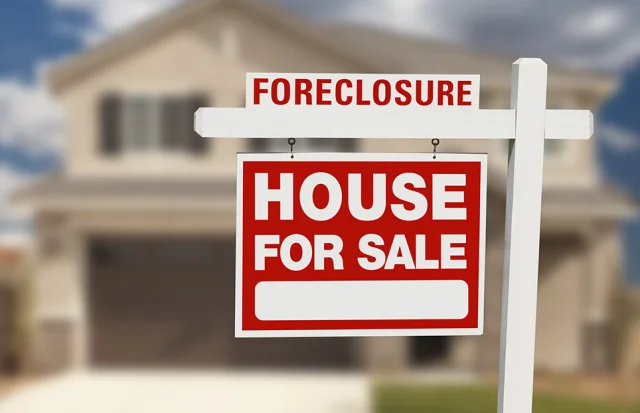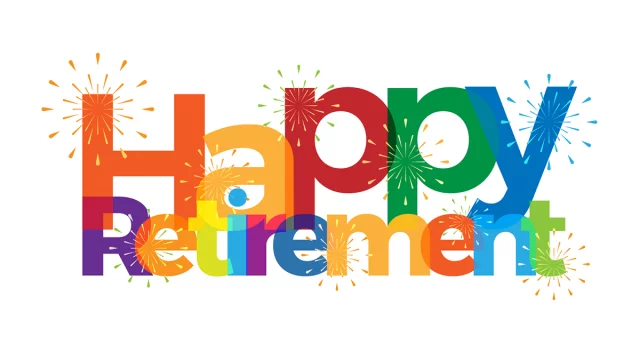
Retirement Countdown: Sheila Downsizes
Sheila Taymore could not afford the $2,200 mortgage and home equity loan payments, the enormous heating bills, and the repairs – so many repairs – on the home she’d owned for decades.

But selling it was emotional: she and her first husband had raised two sons in that house in the seaside town of Swampscott, north of Boston. Her decision to move was triggered by a recent divorce and came about two years after the death of her mother.
“I walked around and cried and said, ‘Who cares about this house?’ I make all this money, and all my money was going towards my house,” said Taymore, a Comcast Cable salesperson – last year was her best year ever.
She is like millions of U.S. baby boomers struggling, often imperfectly, to prepare financially for their imminent retirement. Wall Street may tout investment savvy as critical to ensuring a comfortable old age, but less lofty decisions can be more helpful to those with too little savings and too few working years left to make it up.
Taymore is also planning to delay her retirement to age 70. That will give her a larger monthly check from Social Security and fewer years of retirement to pay for. That was an easy call, she said, because “I just love my job.”
Thoughts of downsizing to a less expensive condominium came after a friend urged Taymore – on her own for the first time – to take a hard look at her finances. The numbers did not work. Moving started to make sense emotionally, too, when she recalled what her mother had stored in the nooks and crannies of her childhood home, such as locks of baby hair and school grades. “I don’t want to be like her,” she said.
In a single day, on January 18, Taymore sold her three-bedroom house and closed on a dingy condo, around the corner from the shops and restaurants in downtown Salem, Mass. She moved into a hotel for five days while transforming her fifth-floor condo in a 120-unit building into a sunny living home with a Japanese motif. A mezuzah, the traditional Jewish ornament secured to the door frame, still greets her guests, just as it did at her old house.
For most U.S. households approaching retirement, their home equity is a major asset, though less than they’ll receive over time from Social Security.
Taymore can’t fully account for the $110,000-plus in cash proceeds from selling her house for $335,000 and paying off the mortgage and equity loan. Moving expenses – paying off a $24,000 home equity loan, realtor fees, last-minute fixes requested by the buyer, a plumber, light fixtures, the hotel – don’t fully explain it.
But Taymore estimates her $182,000 condo has slashed her housing expenses roughly in half. Her mortgage payment is $900. Her monthly condo fee is steep – $469 – but includes heat.
Equally important to Taymore, downsizing has brought some peace of mind about her finances. Well, except for her penchant for new clothes, which she’s trying to get control of. Taymore has just $60,000 in her 401(k) – more than most but still not enough. “I need to save more,” she said.
And have no doubt she will: when she decides to do something, Taymore says, “I make it happen.”
If you like this article, share it with friends who are preparing to retire by clicking on the Facebook icon on the upper right of this screen.
Comments are closed.







The lady lived in her home 20 plus years and she had less than 30% equity in the home between her first and second mortgages. This a major problem for people planning to retire.
Great article
I was having trouble myself with life in the USA so I packed up and moved to Thailand. BEST thing I have ever done. Right now I am in China, studying Chinese. Next I want to see India.
A great article on downsizing. So many of us hold a substantial portion of our wealth (locked up) in our homes. These are homes that we bought when our goals were very different–finding a large enough space for children and/or a school system that was strong.
But our goals change when we get older. So our housing should too. Housing costs are actually the largest bills we have to pay in retirement, not medical bills.
So sell that old house. Buy a sweet new one that suits your needs for the next decade.
Dump all that stuff you stored. And take advantage of the equity in your home. And, even if there is little equity after taxes, real estate fees, etc., you have done the right thing–reduced your housing and heating/cooling costs, and probably your property taxes.
Smart!